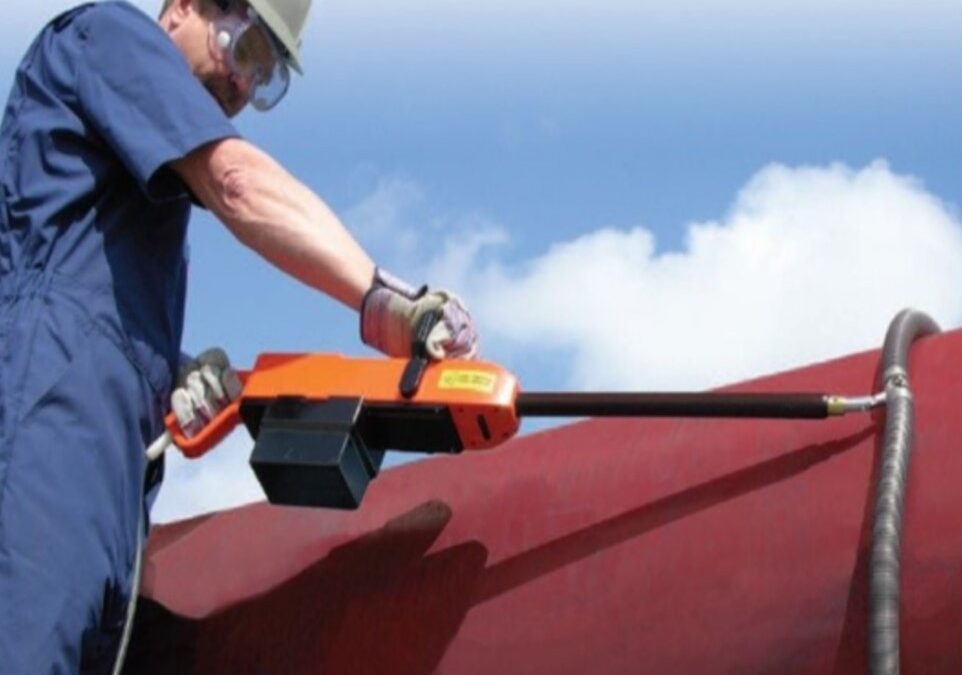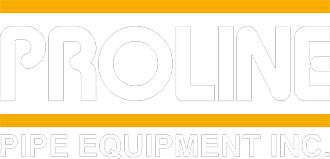Protecting pipelines from corrosion is essential to the safety, efficiency, and longevity of any piping system. One of the most effective ways to ensure that pipeline coatings are properly applied and free of defects is through pipe holiday detection. This critical process helps identify small imperfections that, if left unchecked, can lead to costly damage, environmental risks, and even pipeline failures.
What is Pipe Holiday Detection?
Pipe holiday detection is a non-destructive testing (NDT) method used to locate pinholes, cracks, or missed areas—commonly known as holidays—in the protective coatings applied to pipelines. These holidays expose the underlying metal to moisture, chemicals, and air, which can quickly lead to corrosion and structural damage. Since holidays are often too small to detect visually, specialized equipment is used to identify them before they become a serious issue.
The equipment most commonly used is a holiday detector, which applies electrical voltage across the surface of the pipe coating. When the detector encounters a defect or an area where the coating is too thin, it completes an electrical circuit and emits an audible or visual signal, alerting the operator to the issue.
Why is Holiday Detection Important?
Even the most carefully applied coatings can develop defects during application, transportation, or installation. These small, often invisible flaws can compromise the coating’s ability to protect the pipe. If left untreated, holidays can cause significant issues such as pipeline leaks, accelerated corrosion, and expensive system failures. Over time, these coating defects may also lead to environmental contamination and regulatory concerns.
Performing pipe holiday detection ensures that these defects are caught early, giving pipeline operators the chance to address them before they develop into more serious problems. It’s a simple but essential step in extending the life of the pipeline and maintaining its structural integrity.
How Does Holiday Detection Work?
Holiday detection involves the use of either low-voltage or high-voltage equipment, depending on the thickness of the coating. Low-voltage wet sponge detectors are commonly used for thin coatings. These detectors use a moist sponge to detect electrical contact between the surface and the equipment, signaling a defect when continuity is found. For thicker coatings, high-voltage pulse detectors are used. These devices send controlled electrical pulses through a probe (often a spring or brush) that is passed over the coated surface. When a holiday is detected, the equipment will immediately alert the operator with a distinct sound or light.
Proper grounding is crucial in both methods to ensure accurate results. It’s also important to clean the pipe’s surface before testing to avoid false readings. Operators must carefully adjust the voltage to match the specifications for the coating thickness to prevent damaging the coating during inspection.
Where is Pipe Holiday Detection Used?
Holiday detection is widely used in pipeline construction, coating inspection, and ongoing pipeline maintenance across industries such as oil, gas, water distribution, and chemical processing. It’s also an essential part of inspecting storage tanks and verifying the integrity of coating repairs. Whether for new construction or preventive maintenance, holiday detection plays a key role in ensuring that pipeline coatings continue to provide full protection.
Best Practices for Holiday Testing
To achieve reliable results, operators should select the correct type of holiday detector for the job. It’s important to follow the manufacturer’s voltage recommendations and to systematically test the entire surface of the pipe to ensure no area is overlooked. Grounding the system properly and conducting thorough surface cleaning before inspection are also key steps to ensuring accuracy.
Conclusion
Pipe holiday detection is an essential quality control process that helps protect pipelines from corrosion and potential failure. By identifying coating defects early, operators can prevent leaks, extend the service life of their systems, and reduce costly downtime and repairs. Investing in reliable holiday detector equipment and using proven inspection methods can make all the difference in the long-term safety and performance of your pipeline.
If you’re interested in pipeline holiday testing equipment or would like to learn more about the best practices for coating inspection, contact us today. We can help you find the right tools and solutions for your pipeline projects.


